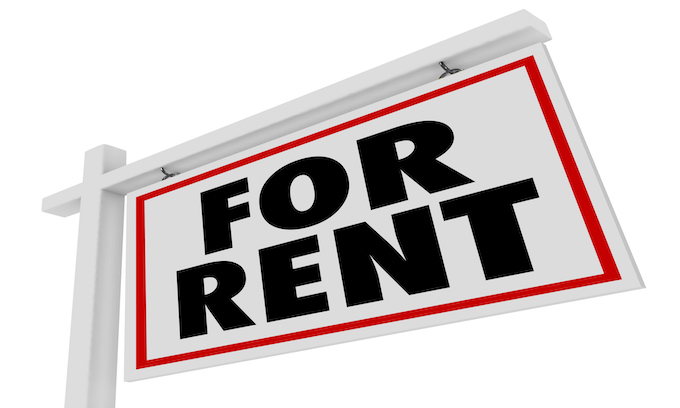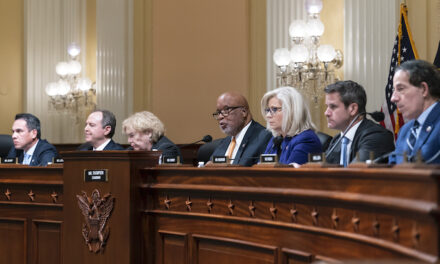As the legislative session heads toward recess, California lawmakers are passing stopgap bills designed to help Californians deal with the hardships caused by the coronavirus-related economic shutdowns. The most troubling measure, Assembly Bill 1436, passed through committee last week — although its fate is uncertain as its far-reaching provisions draw significant pushback.
The bill is designed to help struggling tenants, but threatens to upend the housing market by undermining the ability of California landlords to collect rents and lien holders to collect mortgages like the ones from FHA. Essentially, it foists the costs of the state’s COVID-19-related policies on owners and the financial institutions that hold their mortgages.
“This bill enables small landlords, homeowners, and tenants in financial distress because of the COVID-19 pandemic, to temporarily defer their mortgage or rental payments until, it is hoped, the worst of the public health emergency passes and its financial consequences begin to ease,” according to the Assembly Judiciary Committee’s analysis.
Critics of the measure, however, rightly term it the “free rent bill.” Tenants would not have to pay rent for 90 days after the end of a state of emergency — and a landlord would have to wait 15 months to force a tenant to pay any past due rent. Tenants need not prove any hardship, which would mean that many renters who can afford their rent could simply stop paying with no real consequence.
Equally troubling, landlords could never use such unpaid rent as the reason for filing an “unlawful detainer” eviction action. After waiting 15 months, landlords would have to file a separate civil lawsuit to collect unpaid amounts, which would mean many landlords would realistically have to permanently give up back rents.
As a sop to landlords, the legislation would require lenders on one-to-four-unit properties to provide nearly a year in loan forbearance, but that’s thin gruel given that many landlords depend on their rents as their main source of income. Many don’t have mortgages, but still have expenses. And it wouldn’t apply to out-of-state mortgage firms.
“Tying AB1436 to local emergency proclamations will equate to years without rent payments,” argued the California Apartment Association, in a letter to the Legislature. “With no rent payments to cover the mortgage and other expenses at the property, including employee salaries, there is no question that rental property owners will lose their single-family rentals and multifamily buildings to foreclosure.”
The state government isn’t attempting to provide renters with financial assistance in this bill. The state can’t afford to do that given its budget. Instead, the Legislature would force private businesses to forego their income sources, even though California governments aren’t willing to forego income taxes or delay property tax payments.
The practical results of this legislation will be problematic — especially for Californians who rent houses or apartments in the state’s already tight real-estate markets. Quite simply, AB1436 would cause owners to flee the business once this public-health crisis eventually ends. Fewer companies will enter the business if private rental contracts will always be open to negation by a governor’s “emergency order.”
These types of financial uncertainties would exacerbate the state’s dire housing shortages and drive up the cost of rent. The Legislature needs to realize that it can’t help tenants by hurting their landlords — and by disrupting the rental-housing marketplace.
___
(c)2020 The Orange County Register (Santa Ana, Calif.)
Visit The Orange County Register (Santa Ana, Calif.) at www.ocregister.com
Distributed by Tribune Content Agency, LLC.
—-
This content is published through a licensing agreement with Acquire Media using its NewsEdge technology.



















Recent Comments